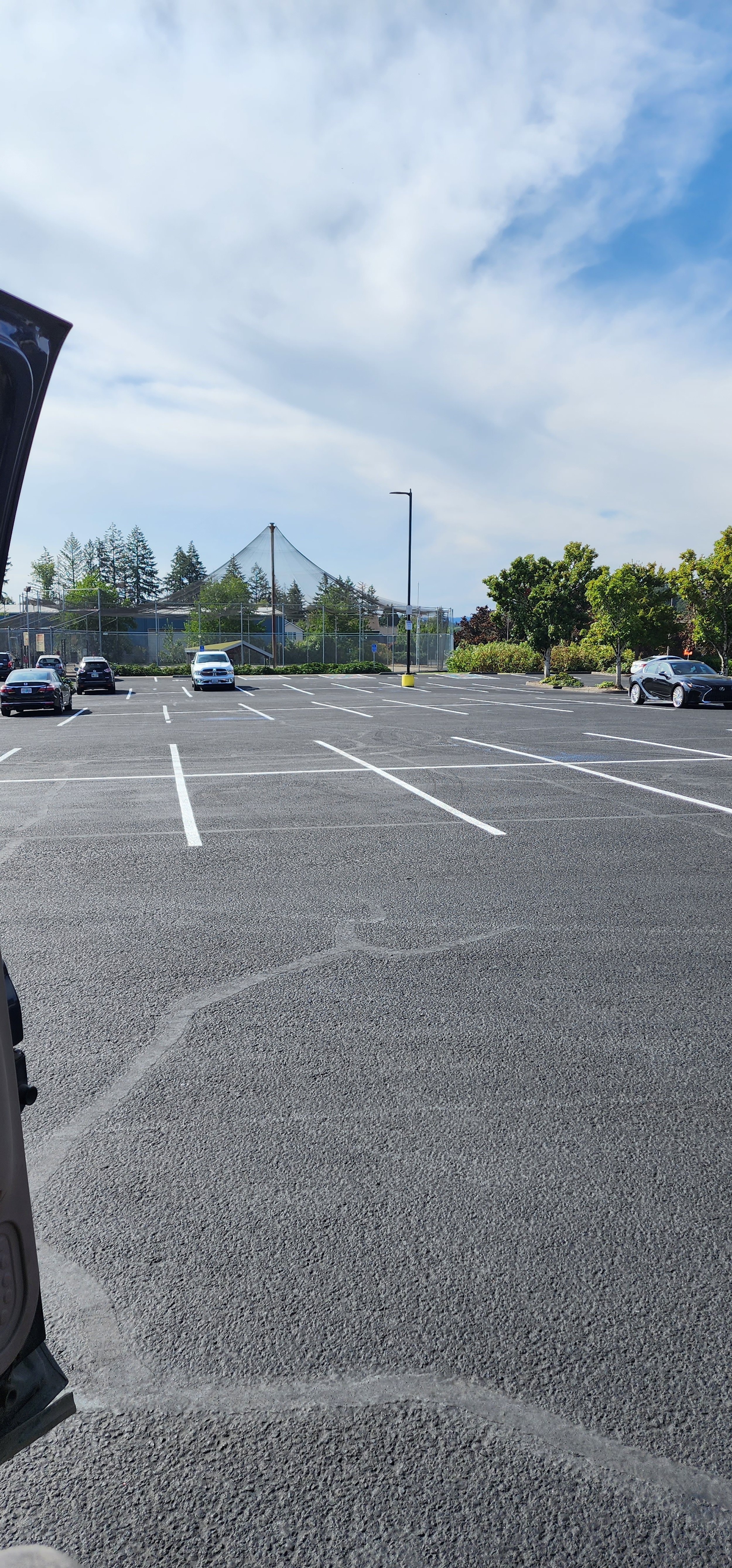Our Services
We can also offer truck leasing through STORM TRUCING LLC - Ask us today!
What we offer
Lignin Dust Control
We use the best product available. Lignin Sulfonate Dust Control
An alternative to road chlorides for dust control. Lignosulfonates are derived from lignin, a naturally occurring polymer found in wood that acts like glue holding the cellulose fibers of pulp together.
Lignosulfonates work by binding the road surface particles together. Water evaporates from the lignosulfonate as it dries, and the dust particles are trapped by the high-viscosity, naturally sticky material. In addition, over time some of the lignosulfonates become completely insoluble due to solar heating.
EarthBind Dust Control
https://www.enviroad.com/products/base-stabilization/earthbind-stabilizer/
Earthbind® Stabilizer is considered to be an environmentally friendly, modified asphalt emulsion that is specifically engineered for soil stabilization. Earthbind® Stabilizer has been used to stabilize and control dust on the surface, base, sub-bases and subgrades of unpaved roads, parking lots and other road bases for the industrial, agricultural, military, private and public market sectors. Earthbind Stabilizer can be an exceptionally good product for Full Depth Reclamation (FDR) projects.
Chip Seal
Chipseals are constructed by evenly distributing a thin base of hot tar, bitumen or asphalt onto an existing pavement and then embedding finely graded aggregate into it. The aggregate is evenly distributed over the hot seal spray, then rolled into the bitumen using heavy rubber tired rollers creating a paved surface. A chip-seal-surfaced pavement can optionally be sealed with a top layer, which is referred to as a fog seal or enrichment.
It can keep good pavement in good condition by sealing out water and repairs minor asphalt cracks.
Crack Seal
Cracks come in all shapes and sizes, and no pavement is immune to cracking. If left untreated, those cracks are only the start of more significant problems, from potholes all the way to sub-base failure.
Crack sealing is the process of placing an adhesive sealant into cracks on the pavement surface, preventing the infiltration of moisture and non-compressible materials into the pavement. It is a cost-effective pavement preservation treatment that can slow pavement’s deterioration and extend pavement life by three to five years. A crack-sealed road can be opened to traffic almost immediately when a de-tacking agent is used.
Seal Coat
Sealcoating, or pavement sealing, is the process of applying a protective coating to asphalt-based pavements to provide a layer of protection from the elements: water, oils, and U.V. damage.
Pavement sealers are applied with either pressurized spray equipment, or self-propelled squeegee machines or by hand with a brush. Equipment must have continuous agitation to maintain consistency of the sealcoat mix. The process is typically a two-coat application which requires 24 to 48 hours of curing before vehicles can be allowed back on the surface.




